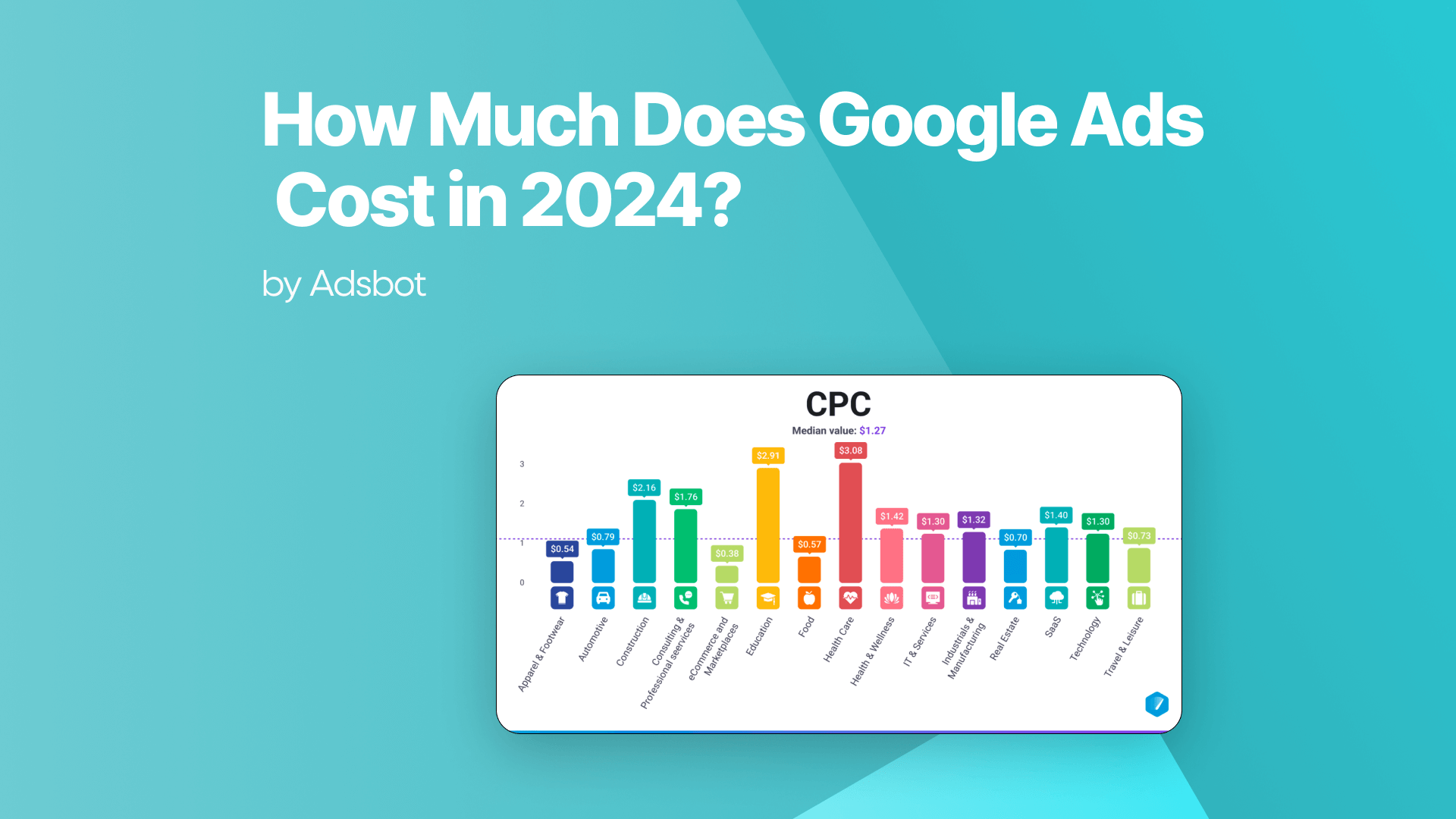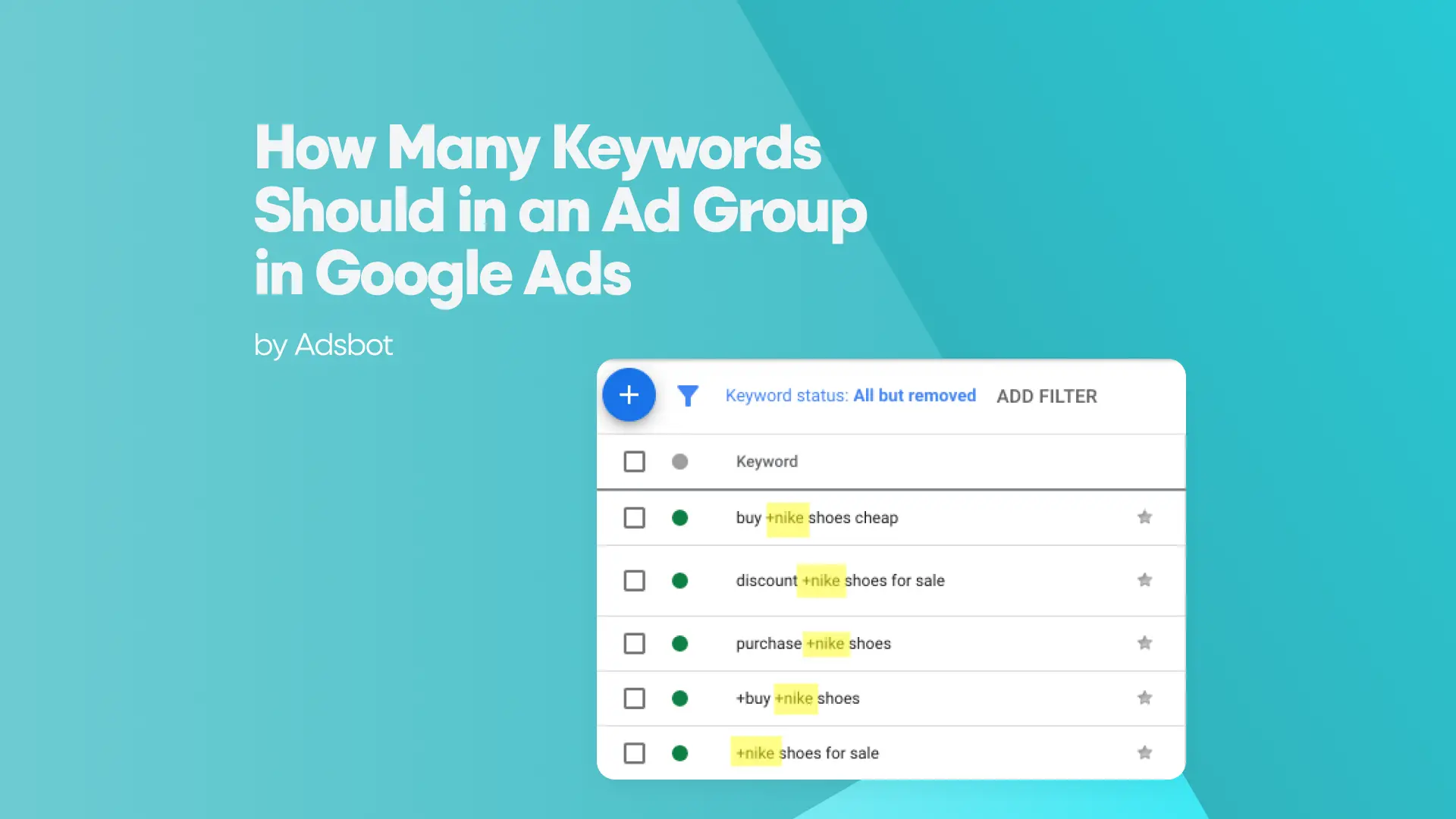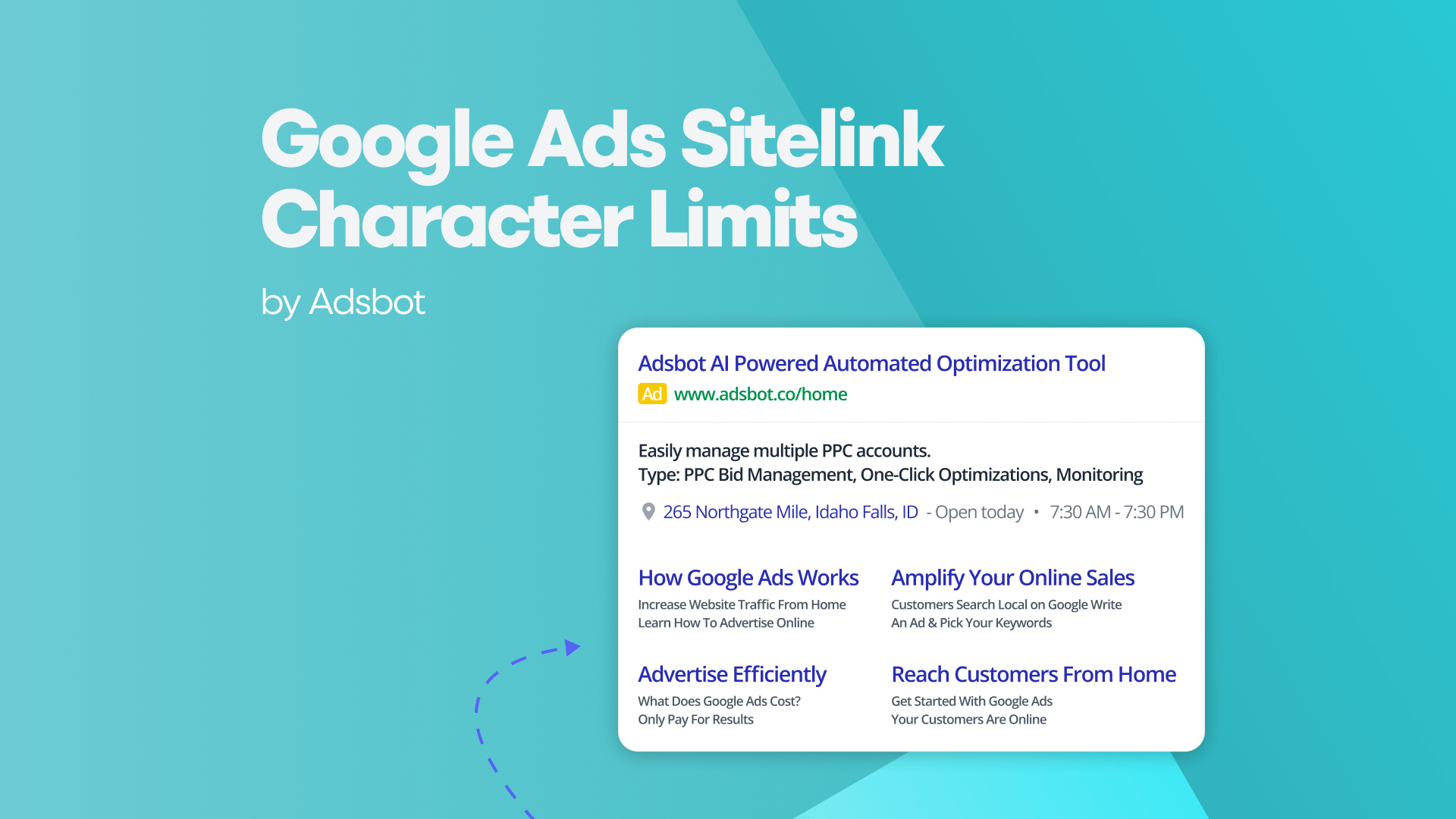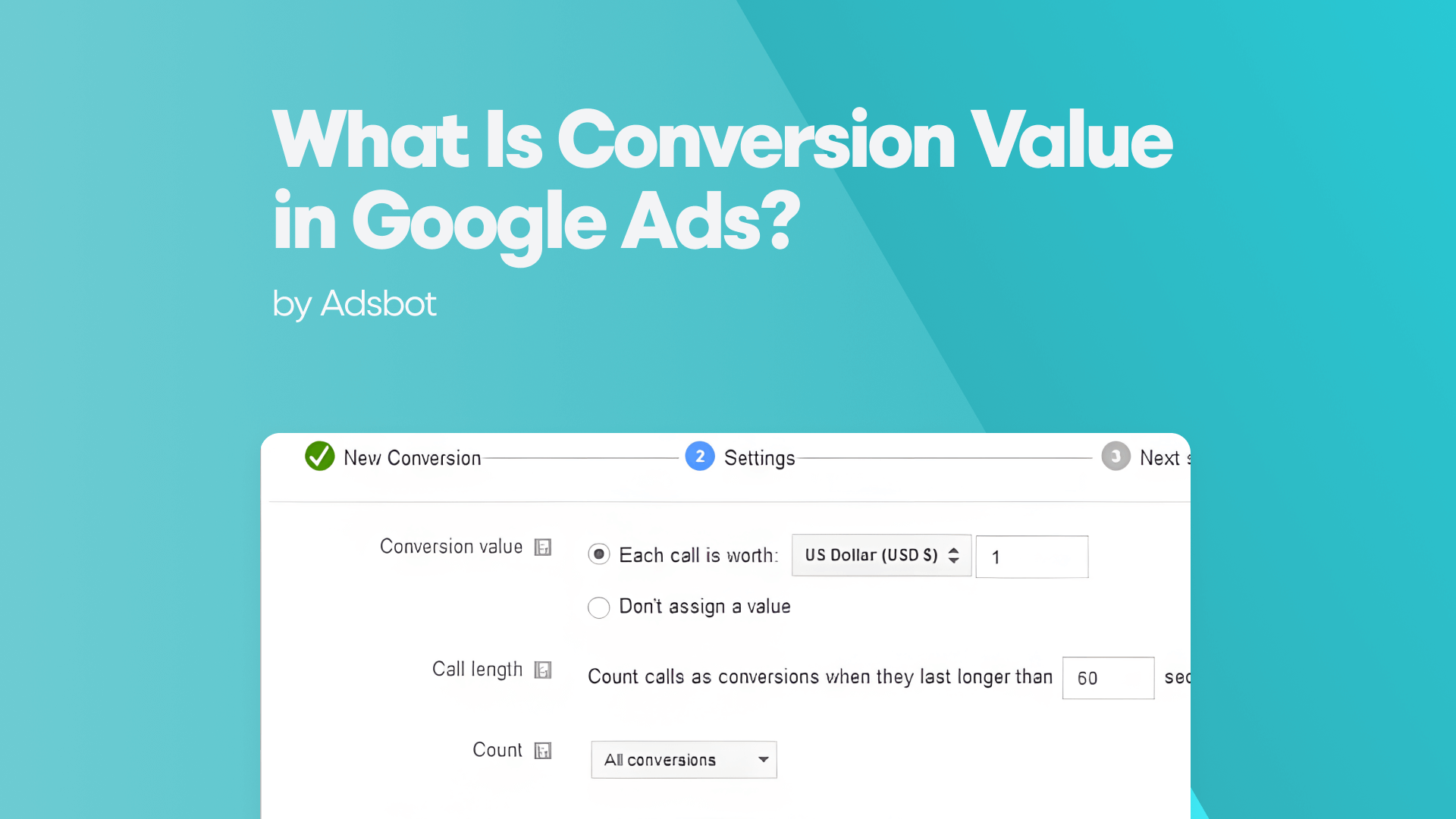In the ever-changing world of digital advertising, maintaining a well-informed stance regarding the most current trends and intricate pricing structures is of most importance for enterprises striving to optimize their virtual prominence. As we embark upon the year 2024, it is of greatest significance to comprehend the intricate cost dynamics associated with Google Ads, a highly influential advertising platform. This article shall delve into the intricate details of Google Ads pricing, proffering insights into its functioning and the many variables that ascertain the expenditure entailed in running advertisements on this extensively utilized platform.
How Does Google Ads Pricing Work?
In the intricate domain of digital advertising, Google Ads utilizes a highly sophisticated pricing mechanism rooted in the pay-per-click (PPC) paradigm. Comprehending the complexity of Google Ads pricing is of utmost importance for enterprises endeavoring to traverse the fiercely competitive realm of digital marketing in the year 2025. At its essence, the pricing structure of Google Ads revolves around a sophisticated auction mechanism wherein advertisers engage in a competitive bidding process for the acquisition of particular keywords that hold relevance to their intended demographic.
Within this auction, which begins upon a user’s entry of a search query, advertisers engage in an intense battle to secure ad placements by establishing bid amounts that signify their willingness to remunerate for each click. Nevertheless, the greatest offer does not ensure the paramount position; Google also takes into account the Quality Score of every advertisement. The Quality Score captures various metrics such as ad pertinence, anticipated click-through rate, and landing page encounter. This comprehensive methodology guarantees that advertisements not only engage in competitive bidding but also deliver valuable and pertinent content to users. The amalgamation of tendering and Quality Score engenders a dynamic and meritocratic framework, fostering advertisers to prioritize user experience and pertinence in their advertising endeavors.
Moreover, the auction mechanism functions in a synchronous manner, facilitating a dynamic and flexible framework for determining prices. Marketers are exclusively billed when a user actively selects their advertisement, rendering it a financially prudent strategy as enterprises compensate solely for genuine interaction rather than mere ad displays. The utilization of this instantaneous auctioning framework, in conjunction with the Quality Score algorithm, guarantees that the expense per click (CPC) mirrors the perceived worth and relevance of the advertisement to users, thereby fostering an equitable and proficient advertising ecosystem.
How Much Does Google Ads Cost?
As we get closer to the year 2024, the inquiry regarding the price of Google Ads persists as an important focal point within the strategic deliberations of enterprises venturing into the realm of digital advertising. The expenditure associated with promoting advertisements on Google Ads is a multifarious facet that can fluctuate considerably contingent upon an array of factors. Typically, enterprises can anticipate incurring expenses spanning from a trifling amount to an exorbitant sum of $50 for each individual click, a numerical value that is dependent upon the level of competitiveness within the industry, the specific keywords chosen, the geographical focus, and the overall caliber of the advertising endeavor. Google ads competitor analysis section is also very important. As competition increases, costs also increase.
It is of utmost significance to underscore that Google Ads functions within a predetermined budget established by the advertiser, thereby enabling meticulous regulation over expenditure. Marketers have the ability to set daily or campaign-specific budgets in order to efficiently control expenses and prevent unforeseen excesses. Furthermore, Google bestows upon its users a plethora of tools, including the esteemed Keyword Planner, which gives businesses the ability to gauge potential expenditures and campaign efficacy by meticulously selecting keywords and targeting parameters.
In an environment where advertising expenditures are swayed by the forces of demand and competition, enterprises must embrace a methodical approach to the allocation of funds and the submission of bids.
What Factors Determine Google Ads Pricing?
The discernment of Google Ads pricing in the year 2024 is an intricate procedure influenced by a multitude of factors. These variables assume a pivotal function in molding the cost-per-click (CPC) and comprehensive budget deliberations for advertisers endeavoring to optimize their online prominence. Delving into the intricacies of these determinants bestows businesses with a comprehensive comprehension of how to strategically navigate the dynamic landscape of Google Ads.
Primarily, the competitiveness of keywords serves as a pivotal determinant impacting the pricing structure. The exigency for particular letters within a given sector can engender fierce competitions in the realm of auctions, thereby exerting an influence on the expenses incurred in the dissemination of advertisements linked to said lexemes. Industries imbued with heightened rivalry may encounter escalated costs per click, thereby requiring a discerning curation of keywords predicated upon their pertinence and strategic import.
Geographical targeting stands as an additional influential determinant. Marketers have the ability to customize their promotional endeavors to suit particular locales, while the expense of advertising may vary in accordance with the level of competitiveness inherent in the selected geographic region. Metropolitan areas or locales with exalted requisition for specific commodities or amenities may undergo escalated expenditures, thereby mandating a discerning methodology in terms of geographical targeting to harmonize prominence and fiscal deliberations.
The placement of an advertisement on the search engine results page (SERP) is a pivotal factor in determining its cost. Marketers have the opportunity to compete for various placements, wherein superior positions typically result in augmented prominence. Nevertheless, attaining these esteemed positions frequently entails a more exorbitant expenditure. Achieving the optimal balance between the placement of advertisements and their associated expenses is a fundamental facet of enhancing advertising tactics to attain utmost influence.
The Quality Score, an exceptional constituent of the Google Ads pricing equation, assesses the comprehensive quality and relevance of an advertisement. Advertisements possessing superior Quality Scores may potentially reap the advantages of reduced expenses and enhanced positions. This underscores the significance of crafting captivating, pertinent, and user-centric advertisement material to augment efficacy and curtail overall campaign.
The confluence of industry and seasonality imparts an additional layer of intricacy to the intricate tapestry of pricing dynamics. Diverse sectors may encounter disparate degrees of rivalry and requisition, thereby influencing advertising expenditures correspondingly. Furthermore, the fluctuation of seasonal patterns can exert a profound influence on pricing dynamics, as heightened consumer demand during peak periods necessitates astute strategizing to maximize the efficacy of advertising expenditures.
Comprehending these intricate and numerous factors provides advertisers with the means to devise a strategic methodology for the pricing of Google Ads. By embracing the ever-changing essence of digital advertising and perpetually refining campaigns in accordance with performance metrics, enterprises can adeptly maneuver through the delicate world of Google Ads pricing, thereby guaranteeing a careful and influential online presence in the year 2024.
Popular Posts
-
How Many Keywords Should Be In an Ad Group in Google Ads?
Ever wondered if your Google Ads campaigns are packed with…
Read more -
Google Ads Script for Dummies: An Introduction
Imagine you have an e-commerce website that sells licensed superhero…
Read more -
Google Ads Sitelink Character Limits
Your Google Ads are cutting off in the middle of…
Read more -
What Is Conversion Value in Google Ads?
What if you could put a price tag on every…
Read more
Register for our Free 14-day Trial now!
No credit card required, cancel anytime.





